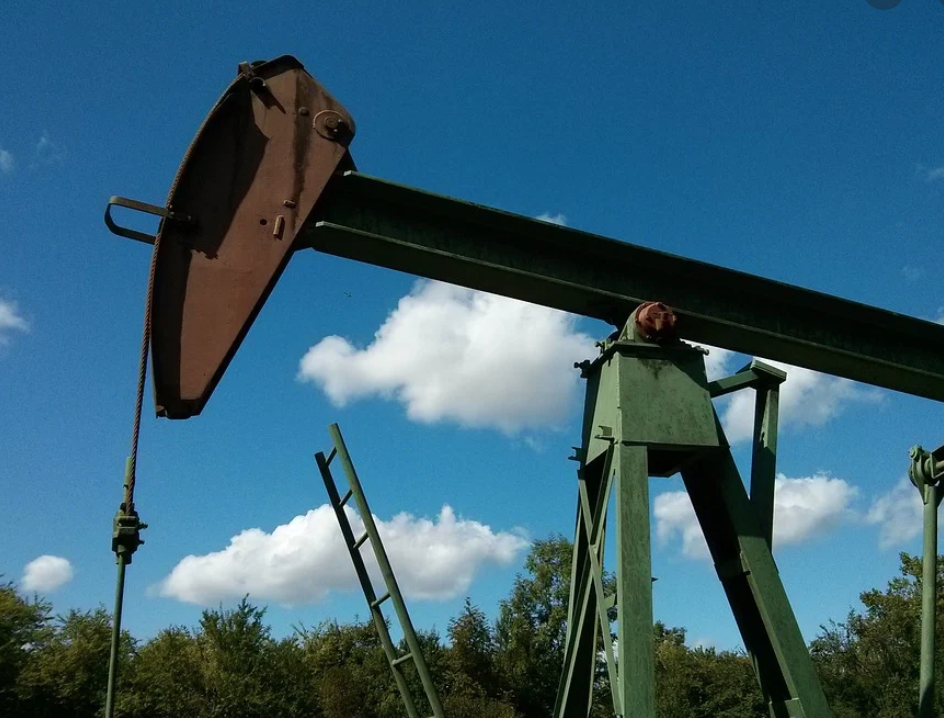The energy ministers of Saudi Arabia and the United Arab Emirates have denied that there is any discussion of an increase in oil production by the "OPEC +" alliance, while stressing the continuation of the agreement until at the end of 2023.
The Wall Street Journal reported on Nov. 21 that the Dec. 4 “OPEC+” meeting will discuss raising production to 500,000 barrels per day.
Saudi Energy Minister Prince Abdulaziz bin Salman in a statement categorically denied recent reports that the kingdom is discussing with other ‘OPEC+’ producers a 500,000 barrel production increase. per day.
“OPEC+ does not discuss any decision before its meetings…knowing that OPEC+’s current cut of two million barrels per day will continue through the end of 2023. If there is a need to take additional measures to reduce production in order to restore the balance between supply and demand, we are always ready to intervene,” he said.
For his part, UAE Energy Minister Suhail Al Mazrouei said on November 22 that his country is committed to achieving the “OPEC+” goal of supporting market balance, noting that his country supports any decision to achieve this objective.
Al-Mazrouei denied, in a tweet, any discussion with members of “OPEC +” regarding the decision to reduce current production, valid until 2023.
On October 5, the “OPEC+” coalition, led by Saudi Arabia, announced a production cut of two million barrels per day, starting in November 2022, but the decision was met with anger from the countries western countries, led by the United States.
The OPEC+ countries have agreed to adjust the frequency of the monthly meetings of the Joint Ministerial Monitoring Committee (JMMC) which will now be held every two months and hold the ministerial meeting every 6 months in accordance with the regular conference scheduled by the ‘OPEC.
While cooperation within the alliance has been extended until the end of 2023 instead of the end of this year.
In 2016, OPEC members teamed up with ten other producing countries to limit their production: Russia, Mexico, Kazakhstan, Azerbaijan, Bahrain, Brunei, Malaysia, Oman, Sudan and South Sudan. This alliance is now known as “OPEC+”.
Source : Anadolu Agency








Réagissez à cet article